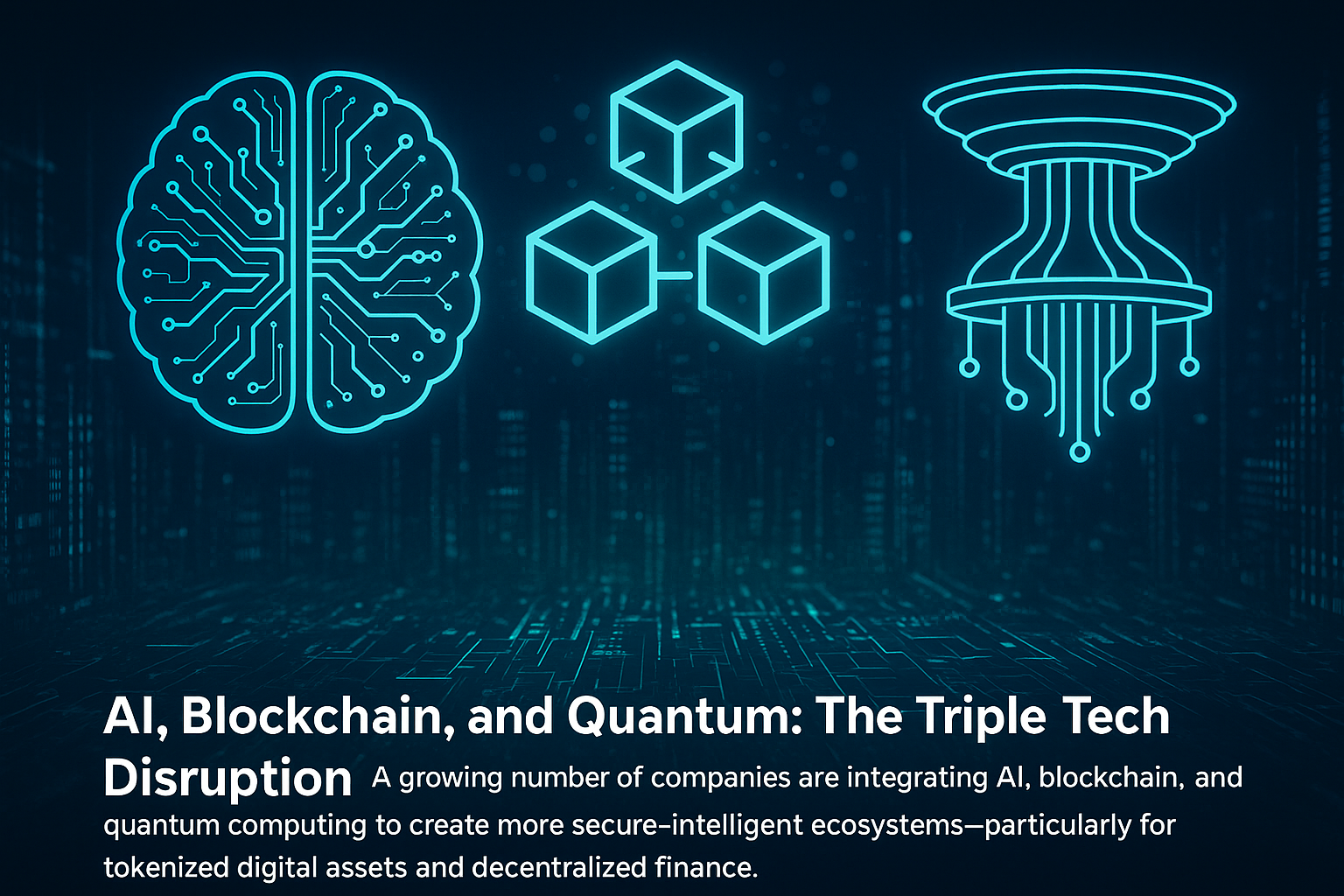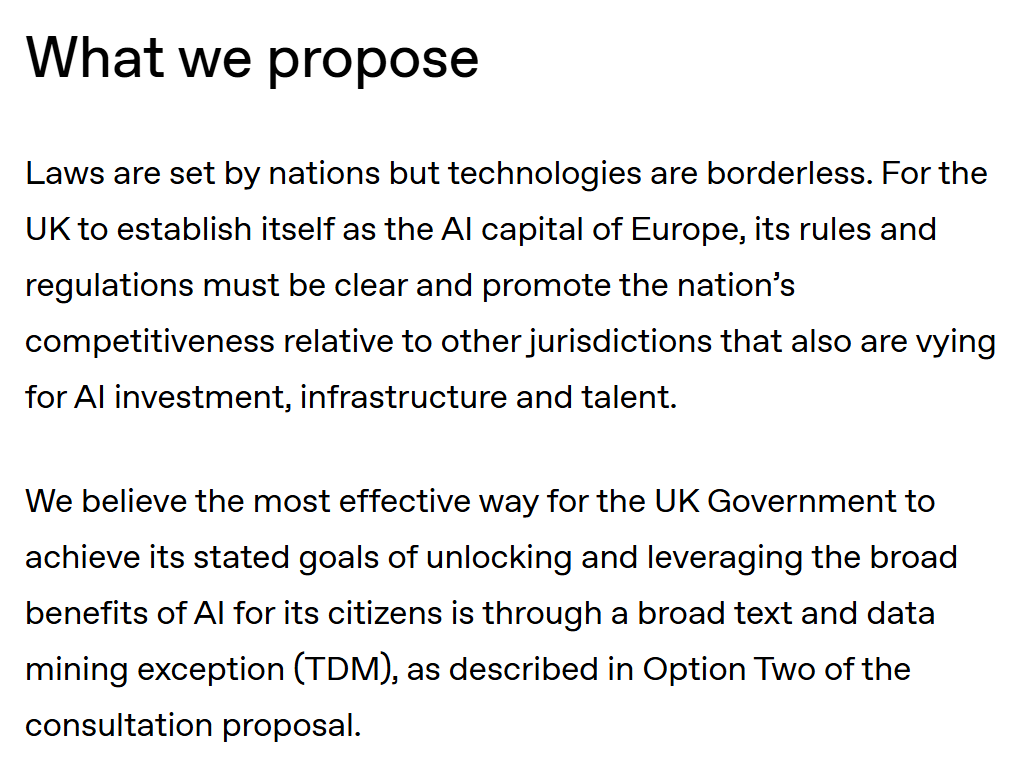In today’s rapidly evolving digital ecosystem, three transformative technologies are beginning to converge in unprecedented ways: Artificial Intelligence (AI), Blockchain, and Quantum Computing. Each of these alone has already begun to reshape industries—but together, they promise a seismic shift in how we build, manage, and secure the digital economy.
The Convergence: Why Now?
Over the last decade, we’ve witnessed AI’s explosive growth in automating decision-making, pattern recognition, and personalized services. Meanwhile, blockchain has redefined how we perceive trust, transparency, and ownership in the digital space. Now, with quantum computing emerging from theoretical labs into functional prototypes, the computational paradigm is once again on the brink of disruption.
But why are these technologies converging now?
The answer lies in synergy. AI needs trustworthy data; blockchain provides immutability. Blockchain needs advanced computation to scale securely; quantum promises to enhance cryptographic frameworks. AI algorithms run faster and more efficiently when paired with quantum processing. Each fills a gap in the other’s design.
A New Foundation for Tokenized Assets and DeFi
One of the most exciting applications of this triple-tech disruption is in the realm of tokenized digital assets and decentralized finance (DeFi).
1. AI for Smarter Asset Management:
AI algorithms can automate portfolio management, risk detection, and predictive analytics. In a tokenized world, this means AI could manage baskets of digital securities, NFTs, or real estate-backed tokens based on real-time market conditions and behavioral data.
2. Blockchain for Trustless Execution:
Smart contracts on blockchain ensure that rules are enforced automatically—without intermediaries. Tokenization enables fractional ownership, increasing accessibility. Combined with AI, smart contracts can become dynamic, adjusting parameters based on data-driven insights.
3. Quantum for Next-Gen Security:
Quantum computing poses a threat to today’s encryption, but also offers the tools to defend against it. Post-quantum cryptography and quantum randomness are being integrated into blockchain platforms to future-proof digital assets. HSBC, for example, is already experimenting with quantum-encrypted gold tokens.
Use Cases Already Emerging
-
Deutsche Telekom is using AI and blockchain to manage decentralized digital identities.
-
HSBC and Quantinuum are leading in quantum-secured tokenization of real assets.
-
IBM and Algorand have collaborated on integrating quantum-resistant cryptography into blockchain protocols.
-
AI-powered DeFi platforms like Numerai are enabling autonomous hedge funds driven entirely by machine learning models.
Challenges and Ethical Implications
While the potential is enormous, the convergence of these technologies raises significant questions:
-
Who owns the data AI uses on-chain?
-
Can decentralized protocols fairly govern quantum-enhanced systems?
-
Will quantum computing widen the digital divide before it solves it?
These are not just technical questions—they are ethical ones. The triple-tech convergence must be guided by transparency, inclusiveness, and robust governance.
The Road Ahead
As companies continue to explore this fusion, the landscape of digital infrastructure will transform. Expect to see:
-
Quantum-secure blockchains as standard
-
AI-driven smart contracts that self-optimize
-
Tokenized economies where AI agents interact on behalf of humans
The intersection of AI, blockchain, and quantum isn’t just about faster computation or safer networks. It’s about building intelligent, decentralized ecosystems that are secure by design and scalable by nature.
The future isn’t one technology—it’s three.
And their convergence will redefine the fabric of digital life.




